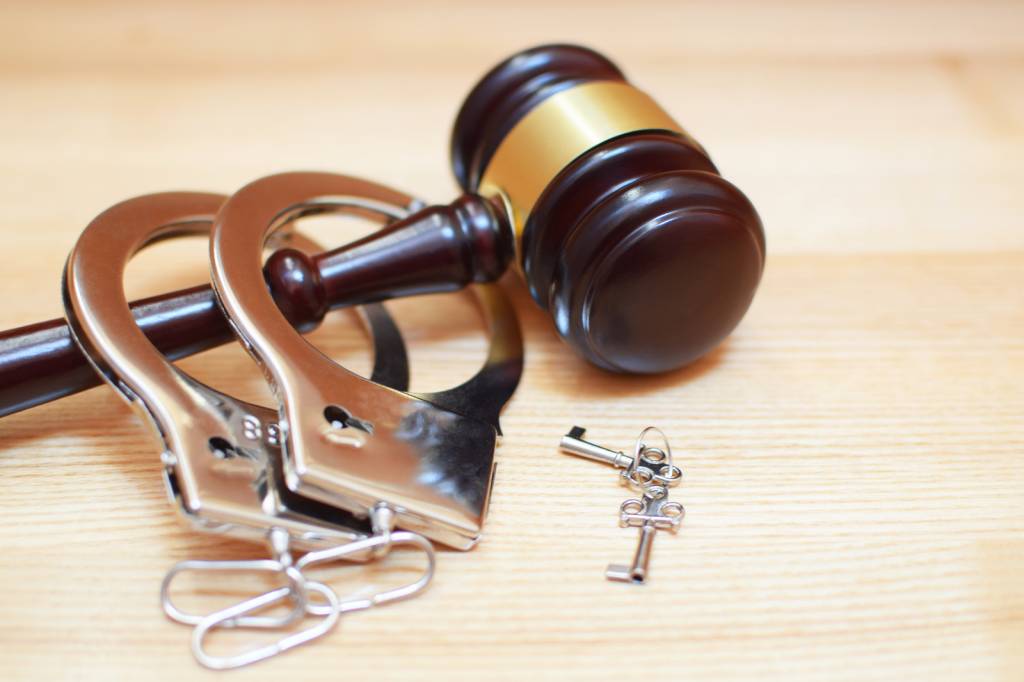What Are Some Examples of Nonprofit Embezzlement In California?
Nonprofit organizations should have an inherent culture of accountability and ethics. Unfortunately, this is not always the case.
Due to the lack of oversight, it’s usually easy for many people involved with these nonprofits to access the vast amounts of available funds. However, at times, their lack of knowledge allows them too much latitude in accessing these funds, and their crime is only due to their lack of information about nonprofit rules and regulations.
This doesn’t mean, however, that the theft of property, computers, cameras, art, and funds isn’t, at times, intentional; it only means that some may be wrongly accused. With the right nonprofit criminal law team, they should be able to mount a rational and winning defense.
Some of the more common types of theft and steps the nonprofit can take to prevent them are:
- Outright theft of nonprofit checks – Some nonprofits keep signed but blank checks on the premises. This should never be done, and all checks should be safely secured. It’s also wise to have someone other than a check-signer deal with the bank statements and reconcile them every month.
- Thefts of checks from nonprofit donors – There have been instances where nonprofits commonly known by an acronym have had a staff member open an account using the same acronym. This allowed them to deposit donors’ checks into their bogus accounts. Never use just an abbreviation to identify your nonprofit.
- Theft of cash receipts from special events—Busy board members, etc., can sign improper checks or signature cards without realizing what they’re signing. Even though many nonprofits are run by volunteers, they must be trained to oversee any process where funds are involved properly.
- Payments to fake employees, unauthorized raises, etc. – Payroll is always a substantial expense, and it’s tempting for theft to occur. If you’re a smaller nonprofit, you still should use a payroll service and have all payroll details sent directly to the nonprofit treasurer.
What Other Ways to Prevent Nonprofit Embezzlement, Whether Intentional or Not?
If you have been accused of theft or embezzlement by a nonprofit organization, one of the most sound legal ways to defend yourself is for your embezzlement lawyer to show that you followed the organization’s rules.
For example:
You and other parties open the mail together, record incoming checks, etc. Never do this alone. Also, in fundraising or membership renewal letters, insist that donors write out your organization’s name on their checks.
If cash is routinely used, make it a policy that everyone uses a shared cash box (or boxes) throughout the event. Never hold the money on your person or in envelopes. Creating an atmosphere of integrity is essential to nonprofits.
Other suggested steps to take are:
- Always use an invoice and attach it to every check. Have the invoice authorized by a designated staff member.
- You should initial the authorization to prove that you’ve seen it. This ensures that un-initialed documents can’t be substituted for the ones you saw.
- Randomly choose a significant, donated check and phone the pertinent staff member (or the donator themselves) to ensure the expense was authorized. This is not only a preventative practice; word that “spot checks” are done will spread.
Many volunteer and salaried nonprofit workers are far too lax in handling funds. Therefore, strict accountability must be maintained, and if accused of mishandling funds, your lawyer has a paper trail to follow to help prove your innocence.
What Are Strategies My lawyer may use to defend me on a nonprofit embezzlement charge?
Embezzlement is a “white-collar” crime that must involve “fraud” and “intent.” It is outlined in California Statutes Chapter 6/Embezzlement Section 503.
If you’re accused of embezzlement, the state prosecutor must prove all the required “elements of the crime” under the California Criminal Jury Instructions to convict you.
Just some of the items the prosecution must prove are:
- The nonprofit entrusted their property to you (as the defendant) because they trusted you.
- You fraudulently used the property for your benefit.
- You intended to deprive or steal the property entrusted to you.
Your best defense is often to strictly follow the rules the nonprofit sets so your lawyer has the documentation needed to defend you successfully.
Conversely, if intent, etc., can be proven, then you and your lawyer may propose detailed arrangements to make the nonprofit “whole” and back in the position it was in before you embezzled money, etc. If given a reasonable solution, most nonprofits would do this quietly, as admitting they lost donors’ money is never in their best interests.
Your California embezzlement lawyer’s skills, experience, and professional guidance will prove invaluable in this type of negotiation and defense.
So, depending on what you took, if you can pay the money back or make some arrangement to pay the money back, that certainly would be a good idea, as well as assist your defense attorney in resolving the case. That would give you some leverage if you could pay the money back.
What is Pre-filing intervention, and can My lawyer use it to help my embezzlement case?
There have been times when expert and well-versed embezzlement lawyers have been able to resolve these cases by using ” pre-filing.”
Let’s say you are brought into HR, in front of the board, and are accused of stealing.
In these instances, many times:
- The nonprofit’s lawyer, etc., will show you evidence of your embezzlement.
- They may force you to sign a confession.
- And, possibly, attempt to make you agree to other infractions.
If your thorough and efficient embezzlement law team pre-files before the nonprofit files a criminal case against you, it’s best for all concerned. Your lawyer may work out a payment plan or other forms of restitution that will halt any criminal proceedings against you.
However, you must note that there is no way to stop the nonprofit from going to the police if it truly feels it must. Many clients believe that if they pay the money back, the nonprofit can’t go to the police; this is not true.
Your best defense is to hire a qualified and experienced embezzlement lawyer so that all the best legal moves are made, and you are in the best position possible to avoid or deal with a criminal filing.
That said, one of the most important things your lawyer will do is that if the nonprofit has a case against you, everything legally possible must be done to mitigate your damages; that usually starts with a plan to repay and make the nonprofit whole.
I’ve been accused of embezzlement by my Nonprofit employer. How Should I Proceed?
Embezzlement cases, especially against nonprofits in California, are legally complex and tricky. Therefore, your experienced, empathetic, and winning California embezzlement lawyer may use various legal “angles” when strategically drafting your unique defense. You could have simply misinterpreted financial records that led to an embezzlement charge and didn’t intentionally commit a crime,
Depending on the details of your case, they may try to lessen the charge against you or use other legal means to avoid jail or prison time.
However, embezzlement is serious, and the embezzlement lawyers at the Miranda Rights Law Firm have a long and winning history of successfully resolving or mitigating these challenging cases. Call them today at 213-293-120 for a thorough analysis of your case. They will thoroughly explain your legal options and work to draft the most effective and sound defense possible.





